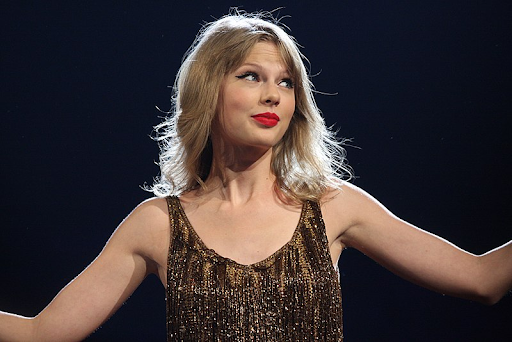Staff editorial: Let’s talk about racist Halloween costumes
Here’s a horror story for you: You’re surrounded by Geisha outfits, Native American headdresses and turbans, but you’re not in the costume room for an offensive 1930’s vaudeville show … you’re at a present- day Party City.
Despite the supposed good intentions in “celebrating diversity” with such ensembles, wearing a costume that borrows from another culture is cultural appropriation. This means that you are only taking the superficial aspects of a culture and using them for your own benefit, often without understanding the deeper significance of these cultural items, ignoring the possible oppression and marginalization of said culture and perpetuating harmful stereotypes of that group.
Native American war bonnets are reserved for highly respected members of certain Native American tribes in the Plains region and many tribes use them today in important cultural ceremonies and celebrations. Therefore, it should come as no surprise that it is inappropriate and offensive for a non-Native person to wear a war bonnet in the context of a silly Halloween costume.
This offensive behavior doesn’t just end with you skipping over the “International” section of the costume catalogue, however. Standing by while your friend lazily slaps together a culturally appropriative costume is still doing harm. A simple, “Hey pal, don’t you think that costume is unnecessarily poking fun at one of the most poorly treated ethnic groups in U.S. history?” should suffice. We should expect the best out of each other and, as college students, hold ourselves to higher standards of thought and behavior.
Of course nobody is perfect, and not everyone has received a socially conscious education, so it’s necessary that we come from a place of growth and education — not hostility — in how we address these issues. Some possible solutions are to wait until after the party to approach someone who was acting offensively, offer up better costume ideas while someone is brainstorming or use your hosting privileges to politely ask someone to change or leave.
We encourage you to remain critical thinkers even when class lets out this upcoming Halloween weekend. It’s easy to chalk things up to “we’re just having fun.” But, much like “boys will be boys” and “I’m not racist, but …,” this type of thinking is a slippery slope towards problematic behavior. This Halloween, ask yourself a simple question: is your fun more important than some one’s sense of identity and feelings of self-worth?






LCB • Oct 28, 2015 at 1:31 pm
And to clarify, I “agree” with the first comment!
LCB • Oct 28, 2015 at 1:16 pm
At the risk of offending someone, I 100% agree !!!!
God no • Oct 24, 2015 at 1:00 am
Jesus staff im taking my kids to get candy from people not pondering the cultural and ethnic struggles of the last hundred years! You can spend the rest of your lives fruitlessly trying not to offend 100% of people 100% of the time in a dead existence I’m going to be LIVING.